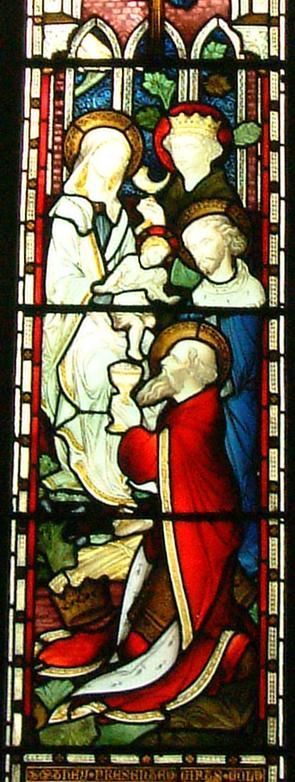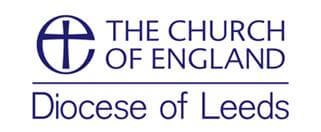Epiphany
This month we celebrate Epiphany, the occasion on which we remember the Magi from the East following a star to find the baby Jesus: ‘Where is the One who has been born king of the Jews?’ (Matthew 2:1). At the start of a New Year, in an uncertain world, we can be asking the same question. The gifts the Magi offered point us to how Jesus can answer our concerns and worries: ‘they bowed down and worshipped Him…and presented Him with gifts of gold, frankincense and myrrh.’ (2:11).The gift of gold reflects that the Magi saw in the baby a king, destined to rule over us all. In this coming year we need to remember that Jesus is on the throne, the seat of power and authority in the whole universe. Will we crown Him king of our lives and dedicate all that we are and do to Him?The gift of frankincense reflects that the visitors saw not just an earthly king, but God in human flesh. Incense symbolises the prayers of God’s people and so this gift reminds us that God is worthy of our worship and prayer.
Will we offer our praise and prayer, as we seek God to guide us through the uncertainties of this coming year?The gift of myrrh reflects that these astrologers saw beyond the baby’s birth and life, to His death which would secure life for all. Jesus was offered myrrh on the cross and was a spice used in His tomb. As we face challenges in the future, we can be confident that Jesus knows and understands our experience. Are we ready to trust Him in everything?‘Glorious now behold Him arise, King and God and Sacrifice! Heav’n sings Hallelujah: Hallelujah the earth replies.’(‘We Three Kings’).

